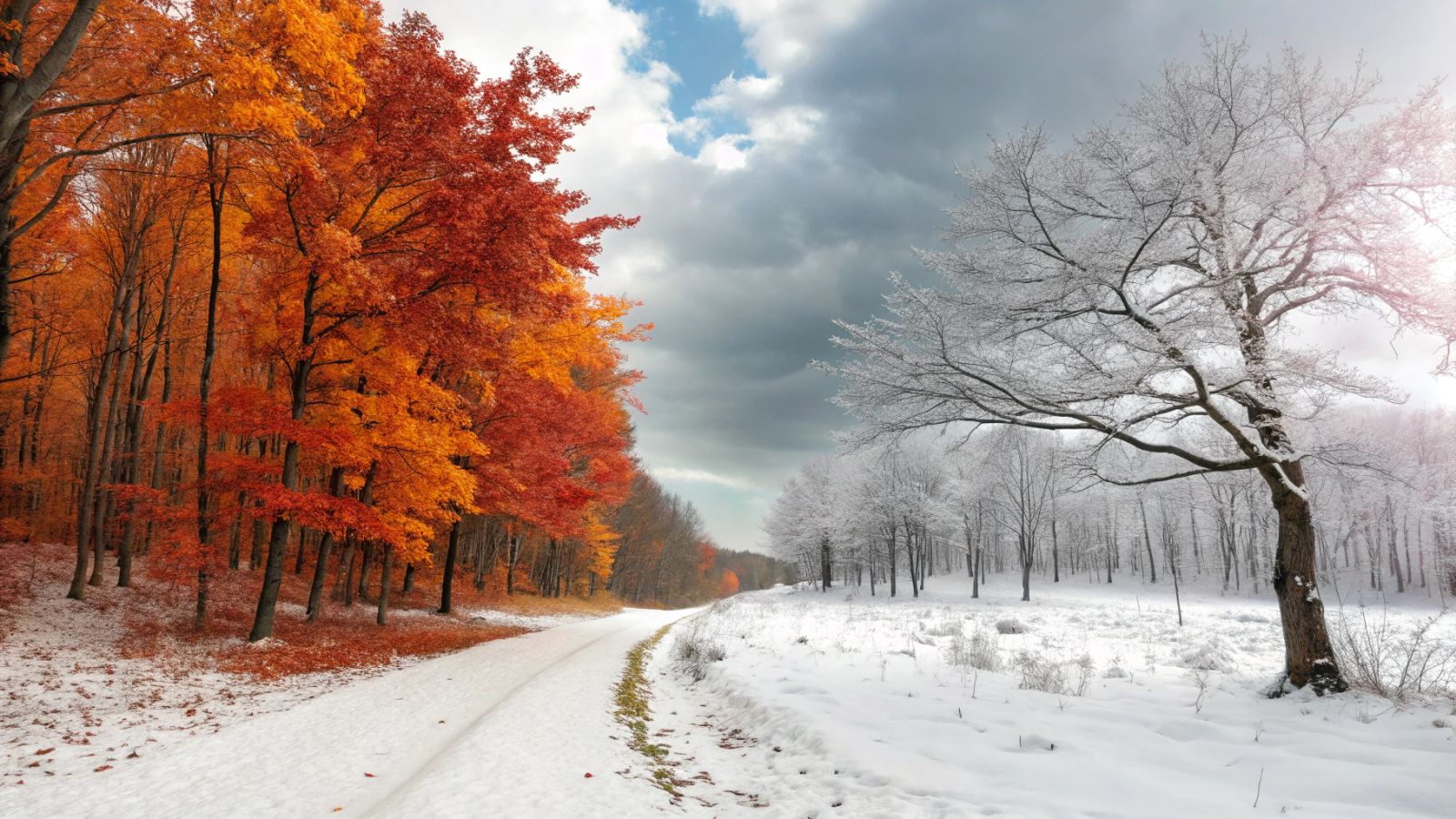Follow us on Google News (click on ☆)
Seasonal weather forecasting, a still young science
First of all, it's important to understand that forecasting weather beyond 10 to 15 days remains very complex. Short-term weather (what will the weather be like tomorrow?) is relatively reliable. But when we talk about "seasonal forecasts," like saying whether winter will be mild or cold, we enter a domain that is still uncertain.

These forecasts rely on climate models, which take into account:
- ocean temperatures (notably the Atlantic and Pacific),
- ocean currents,
- Arctic ice cover,
- and certain phenomena like El Niño or La Niña.
But these models cannot rely solely on autumn weather.
What popular beliefs say There are many weather sayings related to autumn:
- "Misty October, December full of colds."
- "Dry autumn, snowy winter."
- "Many acorns in autumn, harsh winter."
These sayings sometimes originated from local observations made over several generations. For example, a high production of acorns might coincide with natural preparation for a harsh winter... but it's correlated, not caused. Trees don't forecast winter; they react to the conditions of the past spring and summer.
Weak signals, not certainties
Scientists examine certain autumn indicators to try to guess the winter:
- A rapid expansion of snow in Siberia in October can influence the jet stream, which directs cold air masses toward Europe.
- A very wet autumn can prepare colder ground, especially if it freezes afterward.
But all these indicators are too variable from one year to the next. A mild autumn can precede a very cold winter... and vice versa.
So, can we really predict?
No, autumn is not a reliable tool for forecasting winter, even if it can give some trends. It's the large planetary balances (oceans, ice, high-altitude winds...) that dictate the winter climate, much more than the weather in October.
But that doesn't stop us from observing nature with curiosity and keeping our old beliefs with a smile.